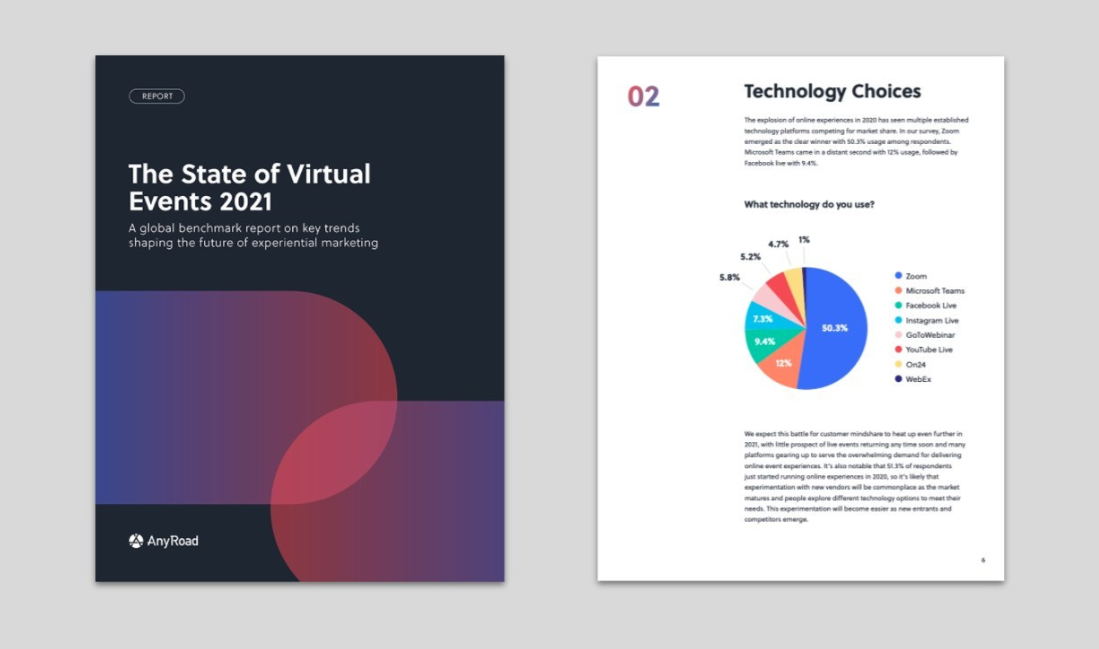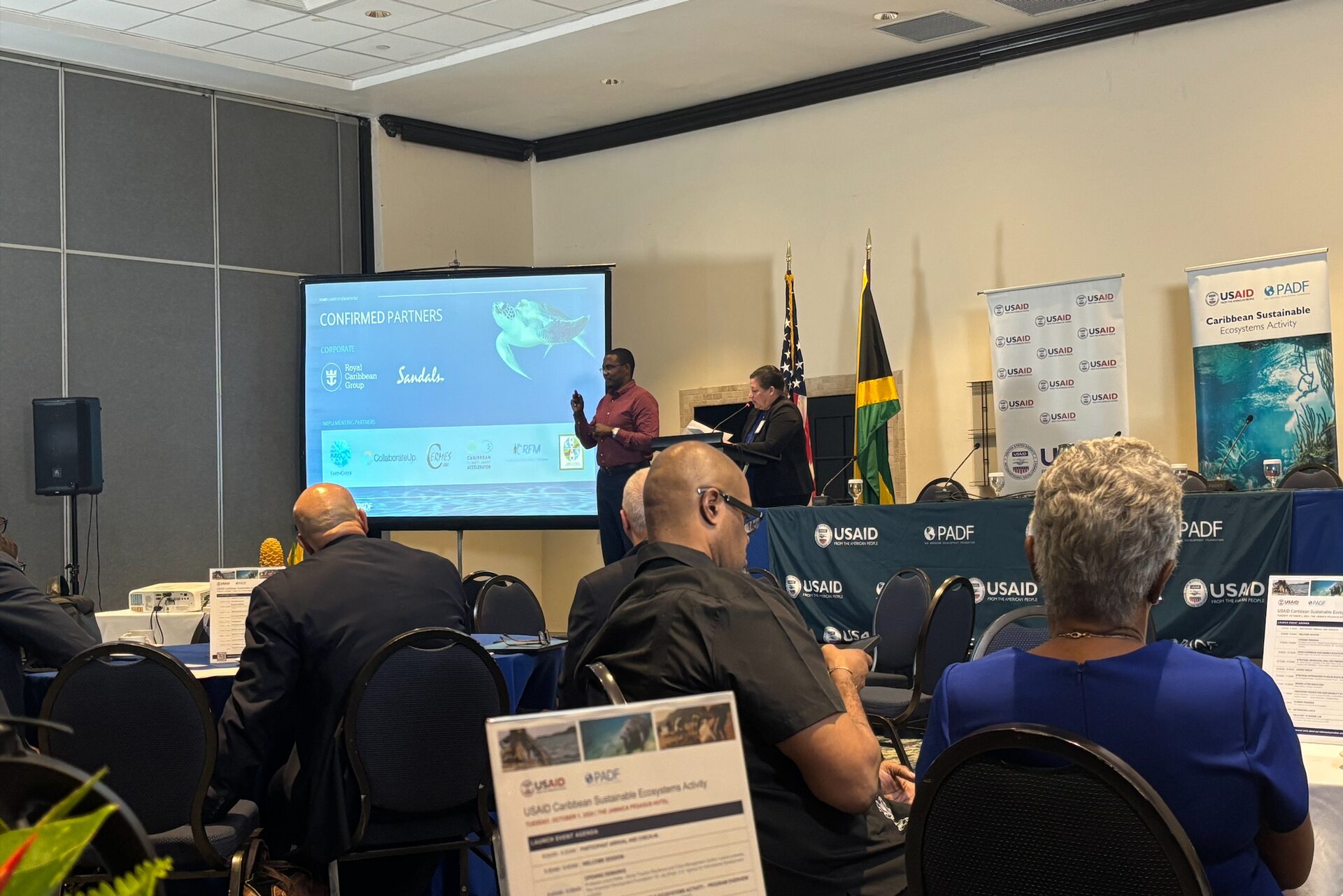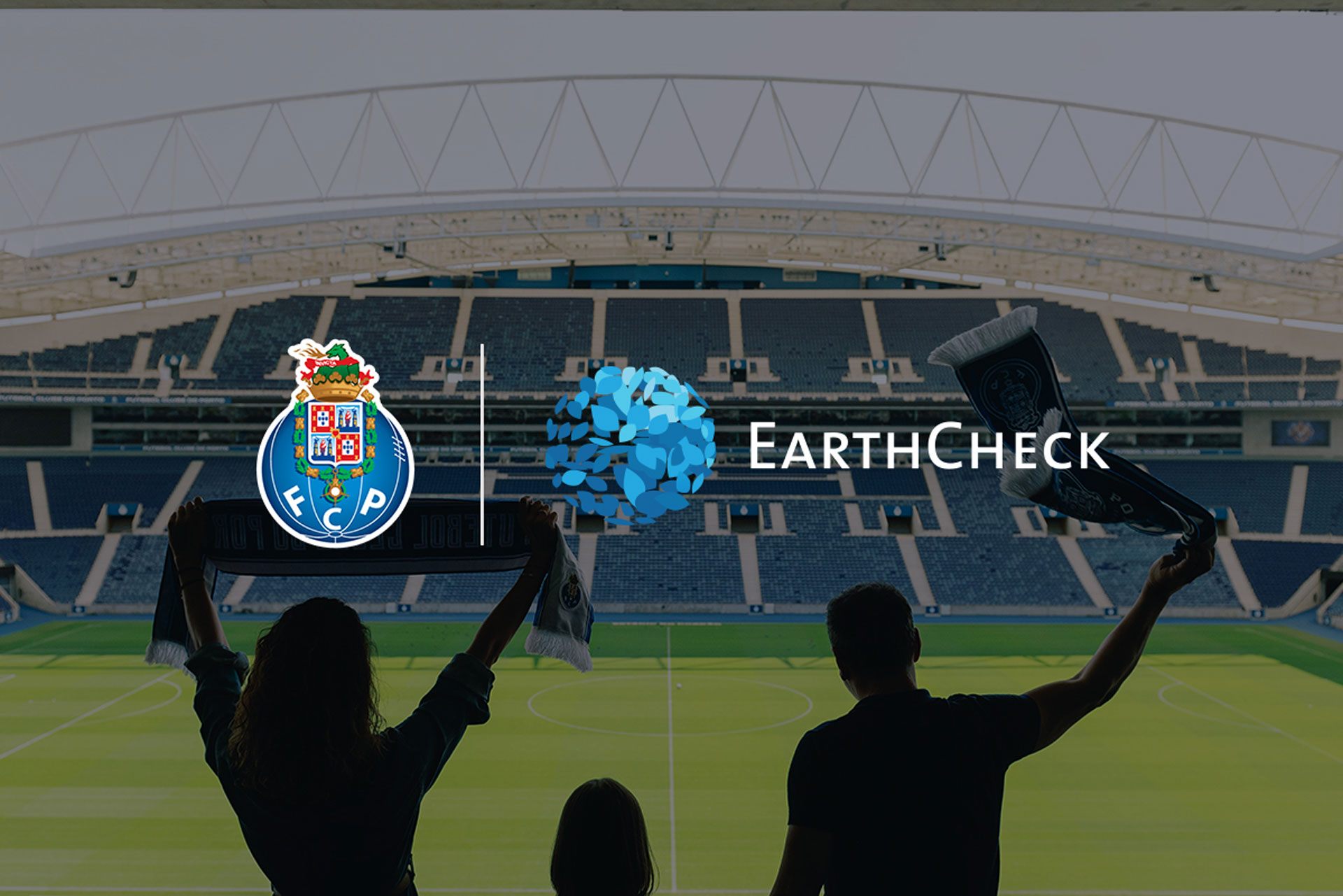SAN FRANCISCO, Feb. 23, 2021 /PRNewswire/ — EarthCheck’s digital experience partner AnyRoad, the leader in Experience Relationship Management (ERM), today unveiled The State of Virtual Events 2021, a global benchmark report on the key trends shaping the future of experiential marketing. As brands around the world continue to use online experiences to engage with consumers, the research exposes common challenges, opportunities, and best practices that will extend far beyond the pandemic.
The State of Virtual Events 2021 is based on responses from over 100 companies managing approximately 20,000 annual virtual events, including Anheuser-Busch, Nestle, HP, Condé Nast, Pernod Ricard, Volkswagen, and LinkedIn. Most respondents (51%) revealed that they were new to virtual experiences in 2020, and with the future of in-person events still unclear, 58% of respondents expect their virtual budgets to increase over the next year. The vast majority (85.3%) say that online experiences are here to stay even after the pandemic subsides.


Additional key findings include:
- For many brands, the shift to virtual events has meant a quick pivot with a steep learning curve. Over half of those surveyed described it as either moderately challenging (46.6%) or very challenging (6.3%) to run effective virtual events that deliver a consistent return-on-investment. That’s why careful planning and execution are critical for success.
- Zoom is by far the most popular technology for hosting virtual experiences, at least for now. Zoom is the platform of choice for 48% of respondents, followed distantly by Microsoft Teams (12%) and Facebook Live (9.4%). However, with little prospect of live-events returning anytime soon, many platforms are gearing up to serve the overwhelming demand for delivering online event experiences, and technology preferences will undoubtedly shift over time.
- Satisfaction with online experiences is high, but there is room for improvement. One in three respondents (33.9%) rated their virtual events as very successful, which shows that experiential marketing can demonstrate great potential when executed effectively. However, it’s still a new motion for many marketers, and the majority of respondents (58.2%) described their online experiences as only somewhat successful.
- Rising above the noise to run an engaging and well-attended virtual event is not easy, especially with audience fatigue setting in. Compelling content is the key to unlocking this attention challenge, but 27% of respondents found it difficult to create content that’s both interesting and engaging to the audience.
- One of the biggest challenges with online experiences involves demonstrating impact. 46% of respondents felt that they did not have sufficient measurement tools to show the full impact of their virtual events. Respondents also struggled to identify suitable KPIs to measure the effectiveness of their online experiences.
“With nearly a year of sheltering in place and the prolonged absence of in-person events, it’s been amazing to see the creative ways that brands have continued to engage with audiences through transformative virtual experiences,” said Jonathan Yaffe, CEO and co-founder of AnyRoad. “While we look forward to once again gathering in groups and real human interaction, whether it’s at large-scale events, in-person classes, or brewery tours, our research shows that online experiences will remain an important aspect of customer engagement for brands of all sizes. The future is hybrid, and while 2020 may have thrown us all for a loop, we now have incredible lessons learned to shape experience strategy for years to come.”
To compile The State of Virtual Events 2021, AnyRoad analyzed individual web responses from 191 participants working at companies ranging from one to 1,000+ employees within the technology, food and beverage, and consulting industries. A majority of respondents (63.4%) were based in the U.S., with the remaining from various locations around the world.







